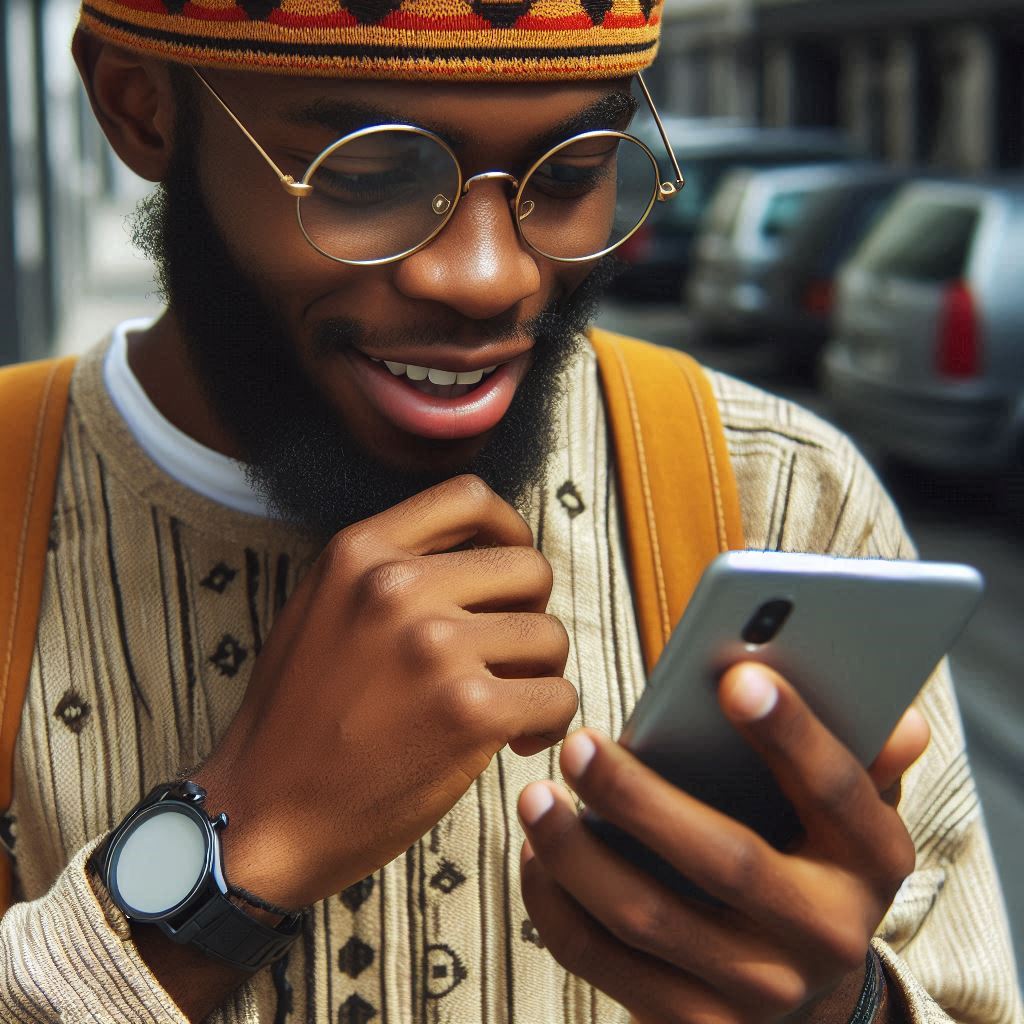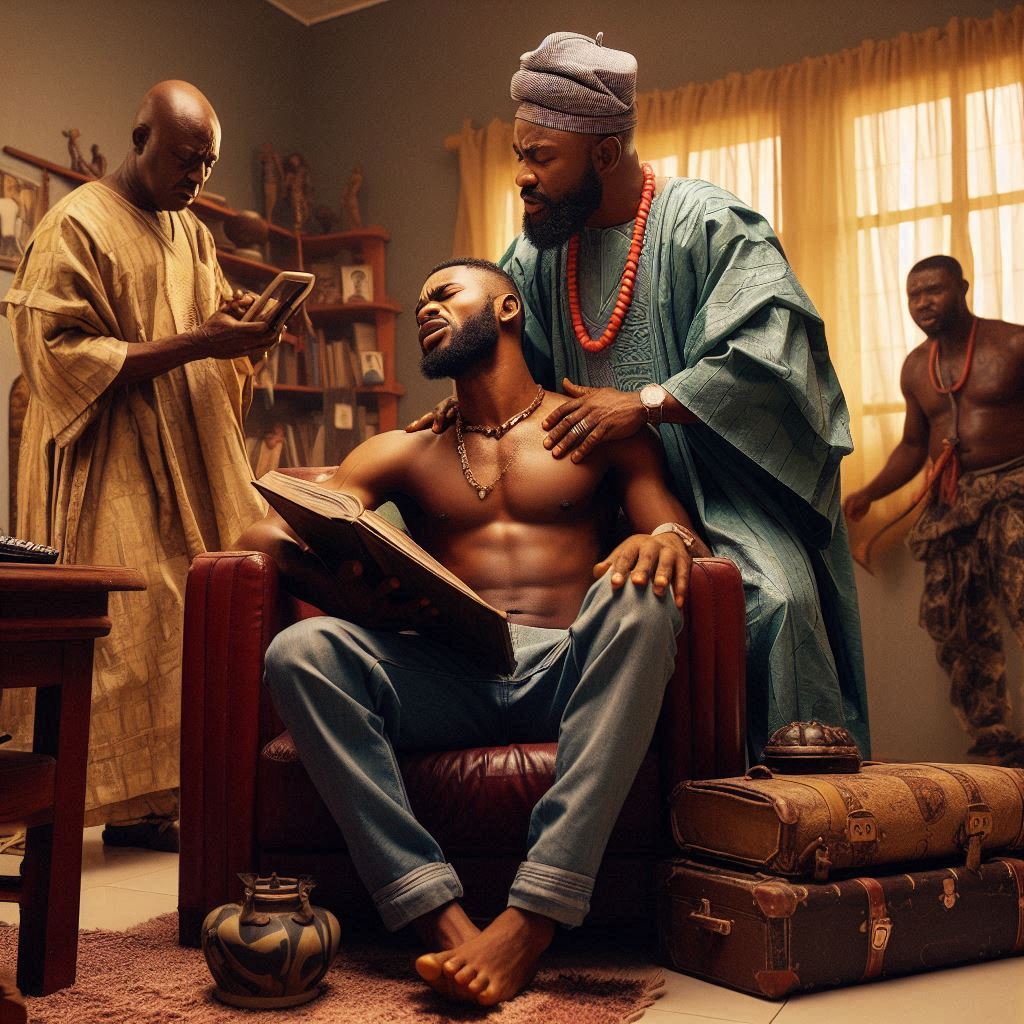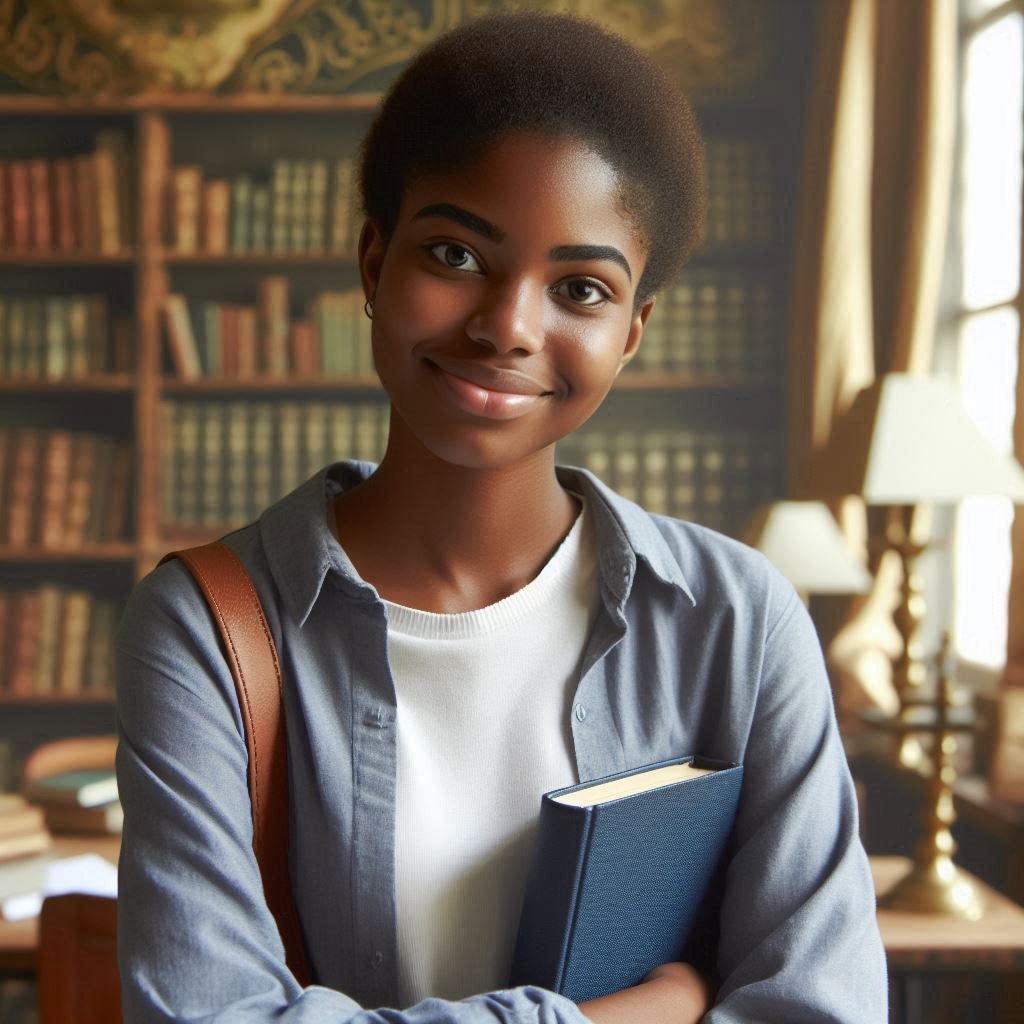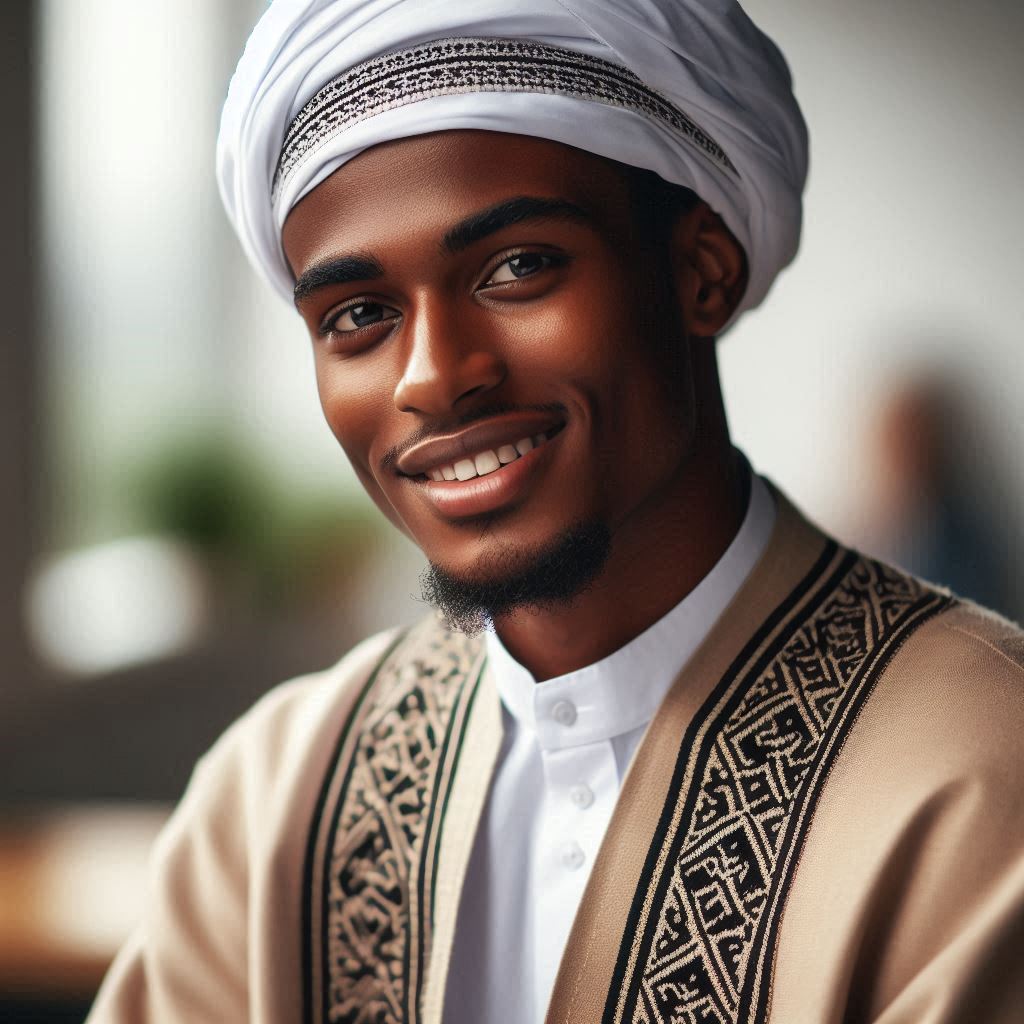Introduction
In Nigeria, the advent of social media has sparked a profound transformation within the arts landscape.
This digital revolution has not only altered the way artists create and disseminate their work but has also fundamentally reshaped the relationship between creators and their audiences.
The importance of social media in today’s digital age cannot be overstated.
It serves as a dynamic platform for Nigerian artists to showcase their talents, share their stories, and engage with a global audience in real-time.
From visual artists leveraging platforms like Instagram to share their latest creations to musicians using YouTube to debut their music videos, social media has become an indispensable tool for artistic expression and promotion.
Moreover, social media platforms offer artists instant feedback and engagement, providing valuable insights into audience preferences and trends.
This direct line of communication empowers artists to refine their craft, tailor their content, and cultivate a loyal following.
In essence, social media has democratized access to art, breaking down traditional barriers and allowing Nigerian artists to reach unprecedented levels of visibility and success.
Influence of Social Media on Nigerian Arts
How social media has revolutionized the art industry in Nigeria
Over the years, social media has played a crucial role in revolutionizing the art industry in Nigeria.
From visual arts to music, literature, and fashion, social media platforms have become a powerful tool for Nigerian artists to showcase their work, connect with their audience, and gain recognition both locally and internationally.
- Increased Visibility: Social media has provided Nigerian artists with a global platform to showcase their creativity. Artists can now reach a wider audience beyond their immediate community, thanks to platforms like Instagram, Twitter, and Facebook.
- Direct Engagement: Artists can directly engage with their fans and followers through social media, creating a more personal connection and building a loyal fan base. This direct interaction allows artists to receive feedback, collaborate with other creatives, and even sell their work directly through social media platforms.
- Networking Opportunities: Social media has made it easier for Nigerian artists to network with other artists, industry professionals, and art enthusiasts. Platforms like LinkedIn have become essential for artists looking to connect, collaborate, and showcase their work to a wider audience.
Examples of Nigerian artists who have gained recognition through social media platforms
Several Nigerian artists have leveraged social media to gain recognition and establish a successful career in the arts. Here are a few examples:
- Toyin Odutola: Known for her intricately detailed pen and ink drawings, Toyin Odutola gained global recognition through platforms like Instagram, where she shares her work with a rapidly growing audience.
- Laolu Senbanjo: A visual artist and musician, Laolu Senbanjo gained fame after his collaboration with Beyoncé on her visual album “Lemonade.” Senbanjo regularly shares his work on social media, attracting a large following of art enthusiasts.
- TY Bello: TY Bello is a Nigerian photographer and musician who gained fame through social media platforms like Instagram. Her powerful portraits and music have earned her international acclaim, making her a prominent figure in the Nigerian arts scene.
These are just a few examples of Nigerian artists who have utilized social media to their advantage, gaining recognition and success in the arts industry.
As social media continues to evolve, Nigerian artists have a unique opportunity to leverage these platforms to showcase their work, connect with a global audience, and make a lasting impact in the art world.
Read: Scholarships for Christian Religious Studies Students
Accessibility and Exposure
How social media platforms have provided artists with a wider audience reach
Social media has revolutionized the accessibility and exposure of Nigerian artists, allowing them to reach a wider audience.
Platforms like Instagram, Facebook, and Twitter provide artists with unprecedented opportunities to showcase their work.
These platforms break down geographical barriers, enabling Nigerian artists to connect with art enthusiasts worldwide.
Through social media, artists can display their work to a global audience with just a few clicks.
This immediate and wide-reaching exposure significantly increases the visibility of their artwork.
By posting regularly, artists keep their audience engaged and attract new followers interested in their art.
Hashtags and geotags enhance discoverability, making it easier for people to find specific types of artwork.
Nigerian artists can use popular hashtags to reach potential fans and collectors globally.
This strategic use of hashtags ensures that their work appears in relevant searches, increasing their chances of being seen.
Social media also allows artists to interact directly with their audience, creating a sense of community.
Responding to comments and messages builds strong relationships with followers and potential buyers.
These interactions can lead to valuable feedback, helping artists improve and adapt their work.
Artists can participate in online art challenges and trends, further increasing their visibility.
These challenges often go viral, drawing attention to participating artists and their work.
By engaging in these activities, Nigerian artists can gain new followers and connect with other creatives.
Ability to showcase artwork to a global audience
Social media platforms provide tools for artists to create professional-looking profiles, enhancing their online presence.
A well-curated profile acts as a digital portfolio, showcasing the artist’s range and style.
This professional presentation attracts galleries, collectors, and art enthusiasts, boosting the artist’s reputation.
Global exposure on social media can lead to international opportunities, such as exhibitions and collaborations.
Artists can connect with galleries and curators from different countries, expanding their career prospects.
These connections can result in invitations to exhibit in prestigious venues around the world.
Live streaming features on platforms like Instagram and Facebook allow artists to showcase their creative process.
By streaming live, artists give followers a behind-the-scenes look at their work, making the experience more personal.
This transparency can attract a loyal following and generate excitement around upcoming projects.
Social media ads enable targeted promotion, reaching specific demographics interested in art.
Artists can use these ads to promote exhibitions, sales, and new works to a precise audience.
This targeted approach ensures that promotional efforts are effective and reach those most likely to engage.
Artists can collaborate with influencers to amplify their reach and gain new followers.
Influencers sharing an artist’s work can introduce it to their extensive audience, increasing visibility.
This collaboration can lead to a significant boost in followers and potential buyers.
All in all, social media has dramatically increased the accessibility and exposure of Nigerian artists.
By leveraging these platforms, artists can reach a global audience, showcase their work, and create valuable connections.
This expanded reach and engagement have revolutionized the Nigerian art scene, opening up new opportunities and driving growth.
Read: Challenges in Teaching Christian Religious Studies
Collaboration and Networking
How social media has enabled Nigerian artists to collaborate with other artists both locally and internationally
Social media has revolutionized how Nigerian artists collaborate, locally and internationally, fostering connections within the art community.
Through platforms like Instagram and Twitter, Nigerian artists are transcending geographical barriers, finding collaboration opportunities both at home and abroad.
They are leveraging social media to connect with fellow artists, share ideas, and embark on joint projects, enriching the Nigerian art scene with diverse perspectives and styles.
Artists no longer need to rely solely on physical galleries or local networks; they can now reach a global audience with a single post.
This connectivity has opened doors to cross-cultural exchanges, where Nigerian artists collaborate with peers from different backgrounds, bringing fresh insights and influences to their work.
Establishing connections within the art community through social media platforms
Furthermore, social media enables artists to showcase their collaborations in real-time, amplifying their reach and impact.
Whether it’s a painting, sculpture, or multimedia installation, collaborative projects gain visibility through likes, shares, and comments, fostering dialogue and engagement.
Nigerian artists are not only collaborating with their peers but also networking with galleries, curators, and collectors worldwide, thanks to the visibility afforded by social media.
Platforms like Facebook groups and LinkedIn allow artists to join communities tailored to their interests, facilitating meaningful connections and opportunities.
Through these networks, Nigerian artists can access resources, mentorship, and exhibition opportunities that were once out of reach.
Moreover, social media serves as a platform for artists to promote their work collectively, leveraging each other’s audiences for mutual benefit.
By cross-promoting each other’s projects and events, artists amplify their impact and establish themselves as a force within the global art community.
This collaborative spirit is evident in initiatives like online exhibitions and virtual residencies, where Nigerian artists come together to address common themes and issues.
Through collective action, artists are challenging the status quo, advocating for change, and amplifying underrepresented voices.
In general, social media has transformed the way Nigerian artists collaborate and network, breaking down barriers and fostering a sense of community within the art world.
As we look to the future, the impact of social media on Nigerian arts will continue to grow, driving innovation, diversity, and inclusivity in the creative landscape.
Read: Impact of Christian Religious Studies on Nigerian Society

Marketing and Promotion
Utilizing social media for promoting art exhibitions, events, and projects
Social media has transformed marketing and promotion for Nigerian artists, offering powerful tools to showcase their work.
Platforms like Instagram and Facebook provide visual-centric spaces perfect for promoting art exhibitions, events, and projects.
Artists can now reach audiences worldwide, breaking free from the limitations of traditional media.
By posting eye-catching images and engaging videos, artists attract attention to their upcoming exhibitions.
Hashtags and geotags enhance discoverability, drawing art enthusiasts to their profiles.
Nigerian artists use Instagram Stories and Reels to give followers a sneak peek into their creative processes.
This behind-the-scenes content builds anticipation and excitement for upcoming events.
Engaging with followers through comments and direct messages fosters a loyal community around the artist’s work.
Responding to comments promptly shows appreciation for supporters, strengthening these relationships.
Nigerian artists also host live sessions on Instagram and Facebook to interact with their audience in real-time.
These live sessions provide a platform for Q&A, live art demonstrations, and discussions about their projects.
Collaborations with influencers and other artists amplify the reach of promotional campaigns.
Influencers sharing an artist’s work can introduce it to their extensive follower base, expanding the audience.
Nigerian artists also participate in online challenges and trends to gain visibility.
These activities not only showcase their creativity but also align them with global art conversations.
Creating event pages on Facebook helps in organizing and promoting art exhibitions and projects.
These pages provide all necessary information about the event, making it easy for followers to stay informed.
By using social media ads, artists can target specific demographics and locations to reach potential clients.
These targeted ads ensure that promotional efforts are efficient and effective.
Engaging with followers and potential clients through social media marketing strategies
Regularly updating social media profiles with new content keeps the audience engaged and interested.
Consistent posting schedules and varied content types maintain follower interest and attract new viewers.
Nigerian artists utilize email marketing alongside social media to promote their exhibitions and events.
Integrating social media links in email newsletters drives traffic to their profiles and event pages.
Social media analytics tools provide insights into the performance of promotional strategies.
By analyzing these metrics, artists can refine their approaches to better engage their audience.
Hosting online contests and giveaways on social media generates buzz around an artist’s work.
These activities encourage sharing and interaction, increasing the artist’s visibility.
Partnering with art galleries and cultural institutions on social media further enhances promotion.
Galleries sharing an artist’s work on their profiles attract art enthusiasts and potential buyers.
Nigerian artists also leverage social media to gather feedback on their work, improving their future projects.
Engaging with followers through polls and questions helps in understanding audience preferences and interests.
Ultimately, social media has revolutionized marketing and promotion for Nigerian artists, offering unprecedented opportunities to showcase their work.
By utilizing these platforms effectively, artists can engage with a global audience, drive attendance to their events, and build lasting relationships with their followers.
As social media continues to evolve, its impact on the promotion of Nigerian arts will only grow stronger.
Read: Renowned Nigerian Psychologists to Follow
Challenges of Social Media on Nigerian Arts
Impact of social media trends on the art industry
One major issue is the impact of social media trends on the art industry.
Artists often feel pressured to follow these trends to gain visibility and engagement.
This trend-following can lead to a homogenization of art, where originality suffers.
The fast-paced nature of social media demands constant content creation, which can be exhausting for artists.
They may prioritize quantity over quality, potentially diluting their artistic vision.
This pressure can stifle creativity, pushing artists to produce what’s popular rather than what’s authentic.
Consequently, the depth and uniqueness of Nigerian art risk being compromised.
Maintaining authenticity and originality in a saturated online space
Maintaining authenticity and originality in a saturated online space is another significant challenge.
With millions of artists sharing their work online, standing out becomes difficult.
This saturation can make it hard for truly original work to get noticed amidst the noise.
Artists may struggle to maintain their unique voice when bombarded with the constant influx of other content.
Social media algorithms favor frequent posting and high engagement, which may not align with an artist’s creative process.
This misalignment can force artists to adapt their methods to fit the algorithm, potentially sacrificing their originality.
The need to cater to an online audience can lead to self-censorship, where artists avoid controversial or unconventional themes.
The focus on likes, shares, and followers can distract artists from their true purpose.
These metrics can become a measure of an artist’s worth, overshadowing the intrinsic value of their work.
This constant quest for validation can erode an artist’s confidence, especially when engagement is low.
Additionally, the commercialization of art on social media can be a double-edged sword.
While it offers revenue opportunities, it can also commodify art, reducing it to mere content for consumption.
This commercialization can pressure artists to create for sales rather than for expression, impacting the authenticity of their work.
The digital divide also presents a challenge.
Not all Nigerian artists have equal access to the internet and digital tools, creating disparities in visibility and opportunities.
Those without access may struggle to gain the same recognition as their digitally-savvy peers.
Intellectual property theft is another concern.
The ease of sharing and copying digital art can lead to unauthorized use, depriving artists of credit and compensation.
Protecting original work in the digital age is increasingly challenging.
Despite these challenges, Nigerian artists continue to innovate and adapt.
Conclusion
In closing, social media has had a significant impact on Nigerian arts by providing artists with a platform to showcase their work globally.
Through platforms like Instagram, Facebook, and Twitter, Nigerian artists have been able to reach a wider audience and gain recognition for their talent.
Social media has also enabled artists to connect with other creatives, collaborate on projects, and participate in virtual exhibitions, breaking down barriers to entry in the art world.
Looking ahead, there are vast opportunities for Nigerian artists to continue growing and expanding their reach through social media.
By leveraging these platforms effectively, artists can build their brand, engage with fans, and even monetize their work through online sales and commissions.
Overall, the future looks bright for Nigerian artists as they harness the power of social media to elevate their craft and make a lasting impact on the global art scene.




